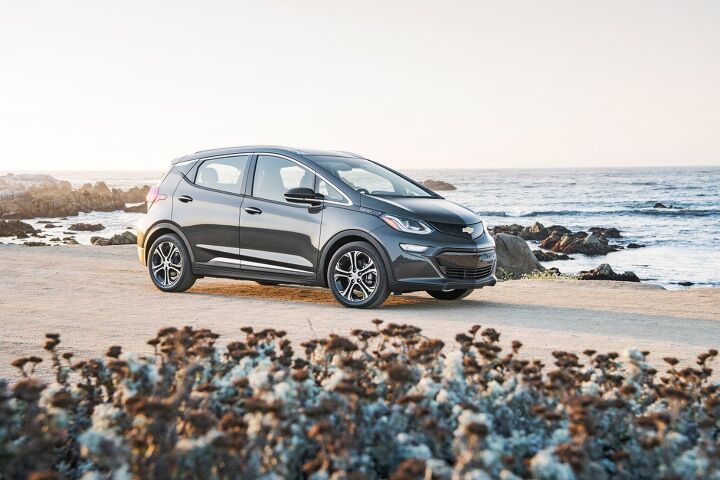#FederalTaxCredit
Senate Finance Committee Approves $12,500 EV Tax Credit Bill
On Wednesday, the Senate Finance Committee advanced the Clean Energy for America Act making a few tweaks from earlier proposals. Changes include raising the federal EV tax rebate ceiling to $12,500 and opening the door for automakers who already exhausted their production quotas.
It’s good news for General Motors, which recently begged the government for just such a handout. But any manufacturer participating in the sale of electric vehicles will find themselves similarly blessed by the updated rules — assuming they make it through the halls of Capitol Hill with the necessary support.
Let’s take a peek behind the curtain to see what the updated proposal entails.
With Tax Credit Cut Looming, GM Promises New Incentives for the Chevrolet Bolt
General Motors’ sole electric vehicle, the cheerful Chevrolet Bolt, will see its MSRP stand firm in the face of an EV tax credit that drops by half come April 1st, the automaker claims.
In the fourth quarter of last year, GM sailed past the volume barrier that triggers a wind-down of the federal credit, meaning Bolt buyers will see less of an incentive to get behind the wheel. The $7,500 credit falls to $3,750 next week, before halving again in six months time. Knowing that EV buyers still need a push, GM plans to make the Bolt more attractive to green penny pinchers.
Tax Credit Blues: Automakers Grimly Await a Looming Phase-out
Should Tesla hit its vaunted 5,000-Model-3s-per-week production target at the end of this month (a figure that means nothing if it can’t be sustained over the long term), the electric automaker faces another hurdle: the impending phase-out of the $7,500 federal EV tax credit.
While Tesla isn’t the only automaker staring down the barrel of this incentive loss, it’ll be the first to cross that line. Estimates place the phase-out point in July, though the taps only begin turning off two quarters after the automaker hits the 200,000 plug-in vehicles mark. Unlike some of its its electric rivals, however, the impact on Tesla won’t be as painful.


















Recent Comments